Stress And Acne Breakouts
Stress and acne go hand in hand for many people. Stress doesn’t directly cause acne, but it can certainly make it worse if you’re prone to breakouts. At the core, stress affects hormone levels, including cortisol and androgens, which then boosts the skin’s oil production. More oil means more potential for clogged pores, leading to pimples.
It doesn’t stop there. Stress triggers cytokine production in the body, which leads to inflammation around sebaceous glands. That inflammation can turn a tiny zit into a full-blown breakout. When you’re stressed, the body’s inflammatory response goes into overdrive, targeting your skin among other things.
Stress-related habits also play a significant role. Poor sleep, diet changes, smoking, and even skin picking when stressed can exacerbate acne. Lack of sleep, for instance, throws off your body’s ability to repair and regenerate skin cells. Unhealthy eating habits can increase oil production and inflammation. These habits create a vicious cycle, making it even harder to get a handle on acne.
Addressing acne involves tackling stress head-on. This means adopting healthy habits that reduce stress and its effects on your body. Everything you do to reduce stress will help decrease acne severity. Balancing your daily routine, finding time for relaxation, and taking care of your body can all contribute to clearer skin and a calmer mind.
Main Factors Contributing to Acne
While stress can aggravate acne, several other key factors determine whether you’ll experience breakouts. Genetics is a big player here. If your parents had acne, chances are you’ll deal with it as well. Our genes influence how our skin behaves, including how much oil it produces and how inflammatory responses are regulated.
Hormonal changes are another heavy hitter. Both teenagers going through puberty and women experiencing menstruation, pregnancy, or menopause are more likely to see an increase in acne. These hormonal shifts often increase androgen levels, leading to more oil production, which clogs pores.
Specific medications can also contribute to acne. Birth control pills, lithium, and corticosteroids can all affect your skin’s oil production and pore regulation. These medications can throw off your skin’s balance, making it easier for breakouts to happen.
Blocked pores are essentially the root cause of acne. These occur due to excess oils, dead skin cells, bacteria, and sometimes even hair. When pores get clogged, it creates an environment where bacteria can thrive, leading to inflammation and pimples.
Finally, don’t underestimate the importance of family history. If acne runs in your family, you might find yourself dealing with it despite your best efforts. This genetic predisposition means you’ll need to be proactive in managing your skin health, especially during hormonally turbulent times.
Preventing Stress-Related Acne
Managing stress is key to reducing acne breakouts. Incorporating stress-relief habits like regular exercise, yoga, meditation, and deep breathing can work wonders. Exercise not only relieves stress but also promotes healthier skin by improving blood circulation and helping regulate hormones.
Another crucial aspect is your diet. High-glycemic foods, such as white bread, rice, cookies, and soda, can spike blood sugar levels and increase oil production, leading to more breakouts. Instead, aim for a diet rich in low-glycemic foods like fruits, vegetables, beans, and whole oats. These foods help reduce inflammation and keep oil production in check.
Getting enough sleep is often overlooked but highly important. Poor sleep can throw off your skin’s ability to repair and regenerate, leading to more acne. Establishing a regular sleep schedule and ensuring you get enough rest can make a noticeable difference in your skin’s health.
Last but not least, avoid stress-related habits like smoking and skin picking. Smoking impairs blood flow to the skin, making it harder for it to heal and stay healthy. Skin picking can lead to scars and worsen inflammation. Instead, find healthy ways to cope with stress. Keeping your hands busy with a stress ball or practicing mindfulness can help curb these habits.

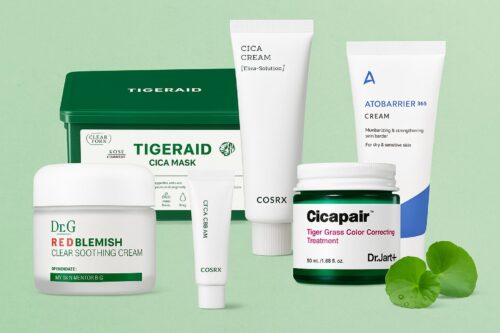
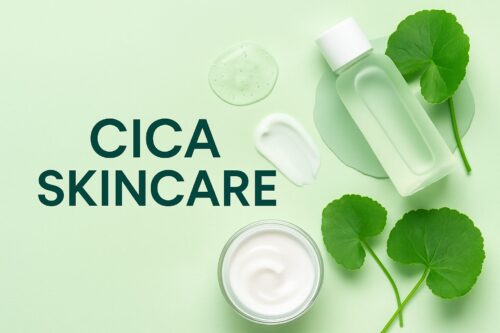
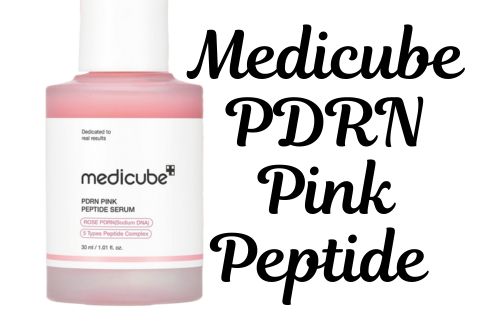
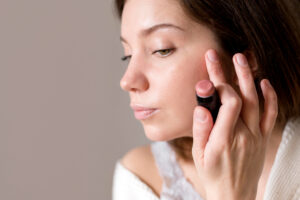
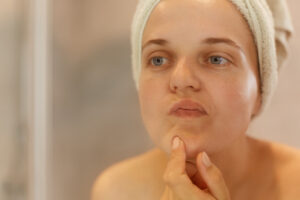
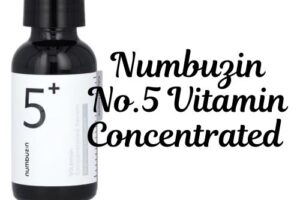
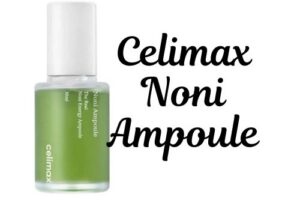
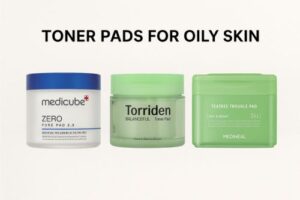

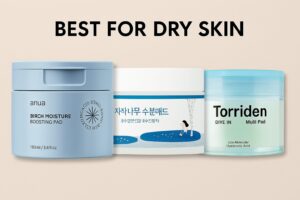

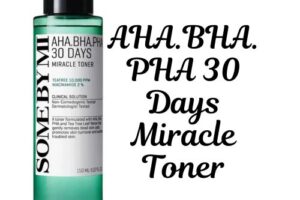

6 comments